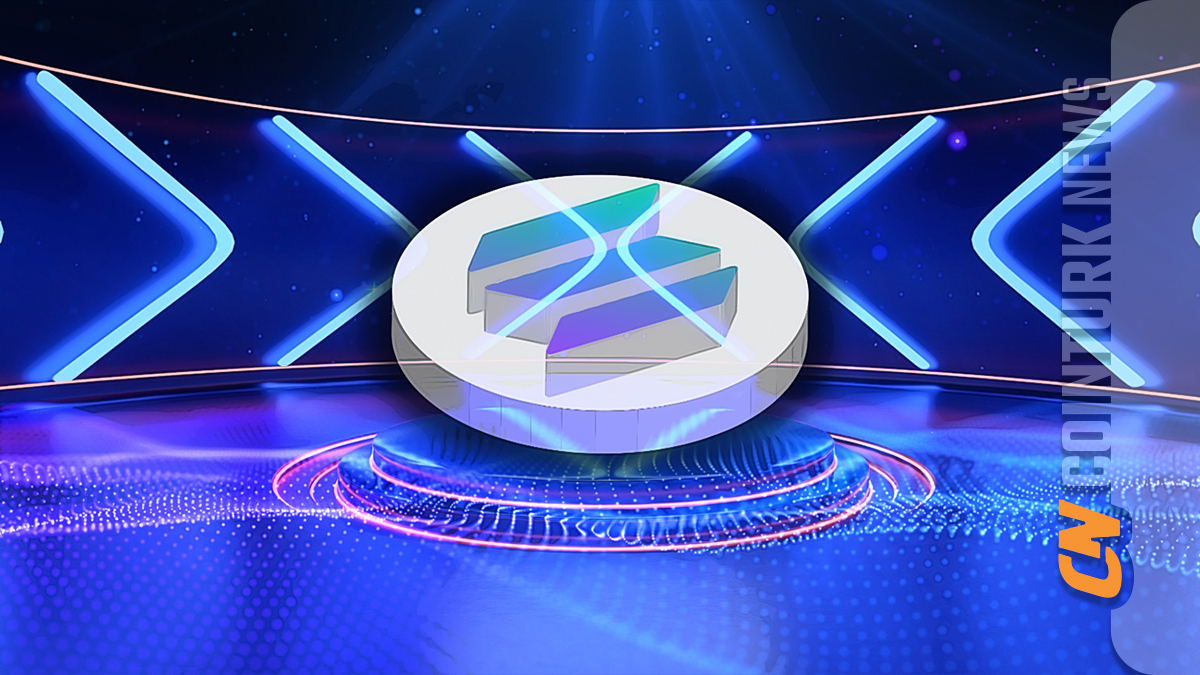Solana Labs has introduced a new compiler called Solang, designed to facilitate the transition of Ethereum Virtual Machine (EVM) developers to the Solana ecosystem. With the release of Solang, developers familiar with Solidity, Ethereum’s primary smart contract programming language, now have a tool that allows them to enter the Solana network and develop applications on this platform.
Solana and Solang

This step aims to revitalize the declining developer activity on the Solana network. Ethereum, which has become the computer of the internet, hosts numerous applications, with a significant portion of developers publishing applications on the Ethereum network.
The Future of Solana (SOL)
This move comes just one day after the release of a similar tool called Neon EVM. The new compiler, which supports efforts to enhance compatibility between Solana and existing Ethereum development approaches, could benefit Solana investors in the long run. Solang offers compatibility with Ethereum Solidity version 0.8 and integration of Solana SPL tokens with Solidity. Additionally, it provides access to the core features of the EVM frameworks on Solana.
Traditionally, Solana’s development has focused on using languages like Rust or C for writing smart contracts. However, the team emphasized the shift towards greater accessibility through Solidity and the EVM.
The expansion of support for developers has opened the doors of the network to a much larger developer community. However, the problem lies not in the lack of active applications on the Solana network. There is something worse. The departure of institutional investors from the network has led to a significant decrease in TVL (Total Value Locked). This has resulted in a decline in individual demand for the Solana network. Many projects are witnessing a migration of their user base to rival networks for almost three quarters.
For now, it remains to be seen how much support this move will provide to the price in the future, as it has already led to a 4% increase.









